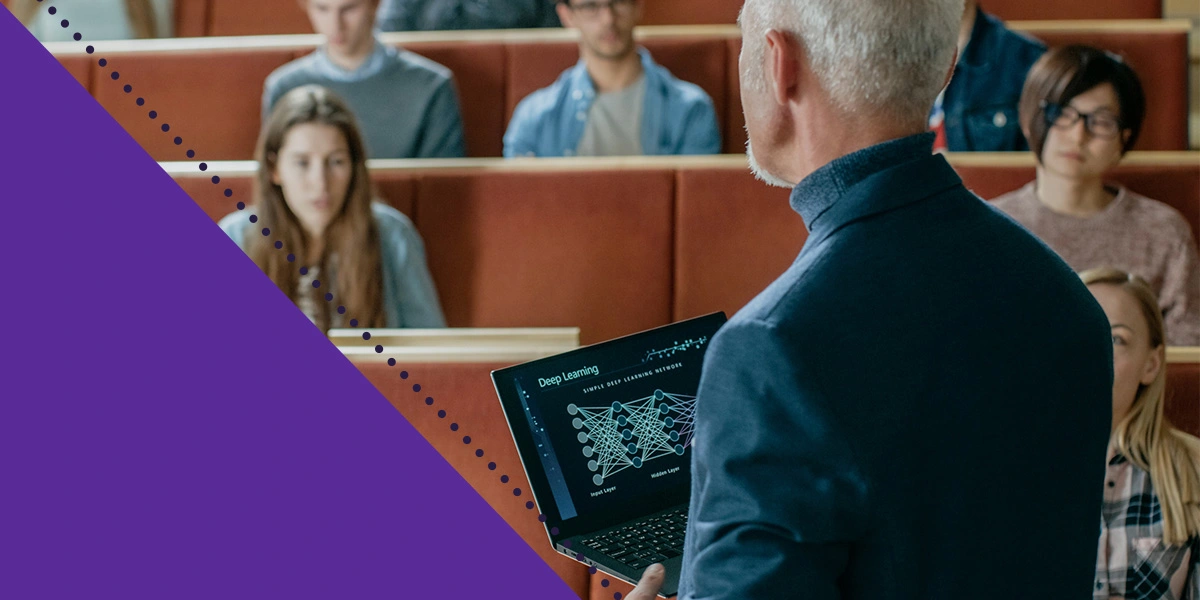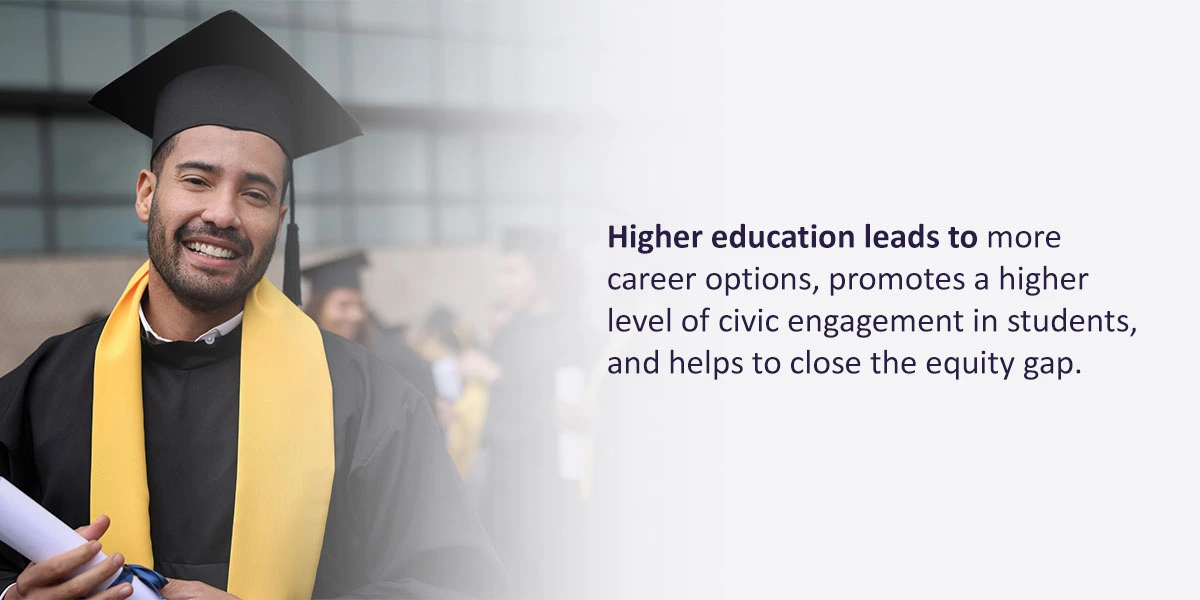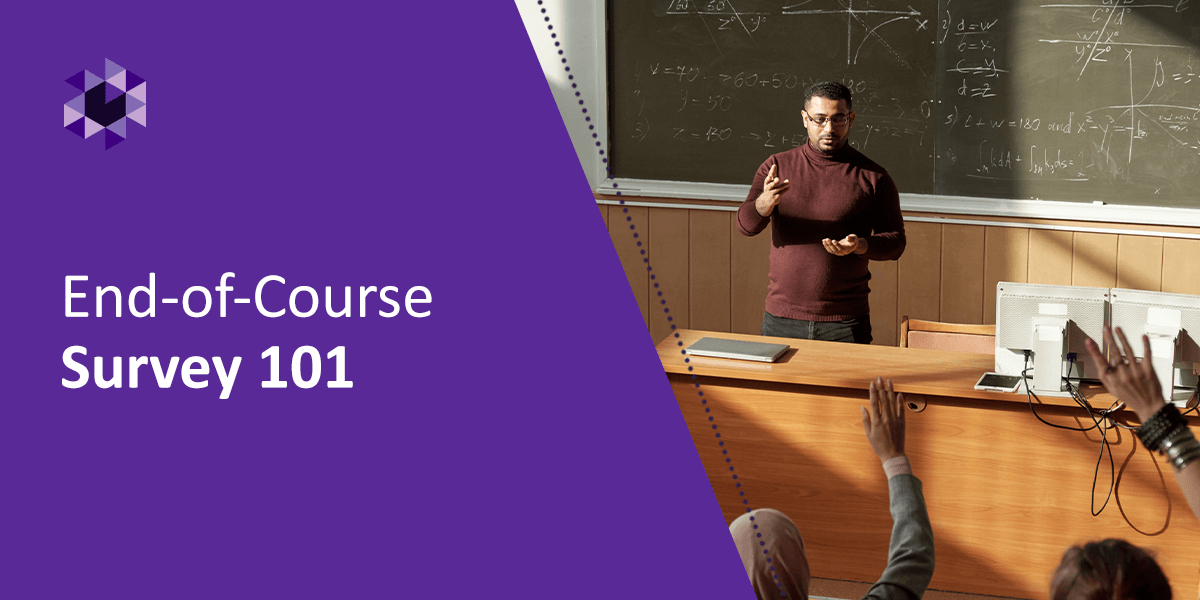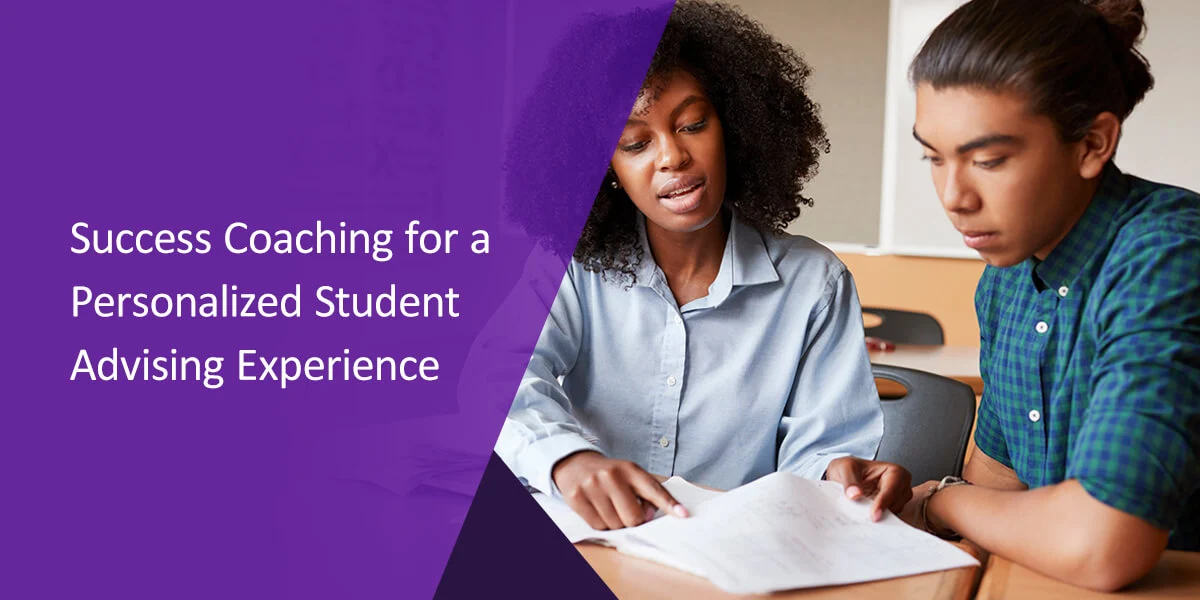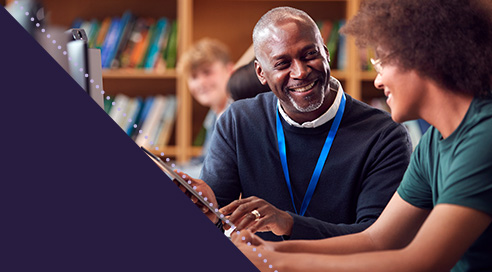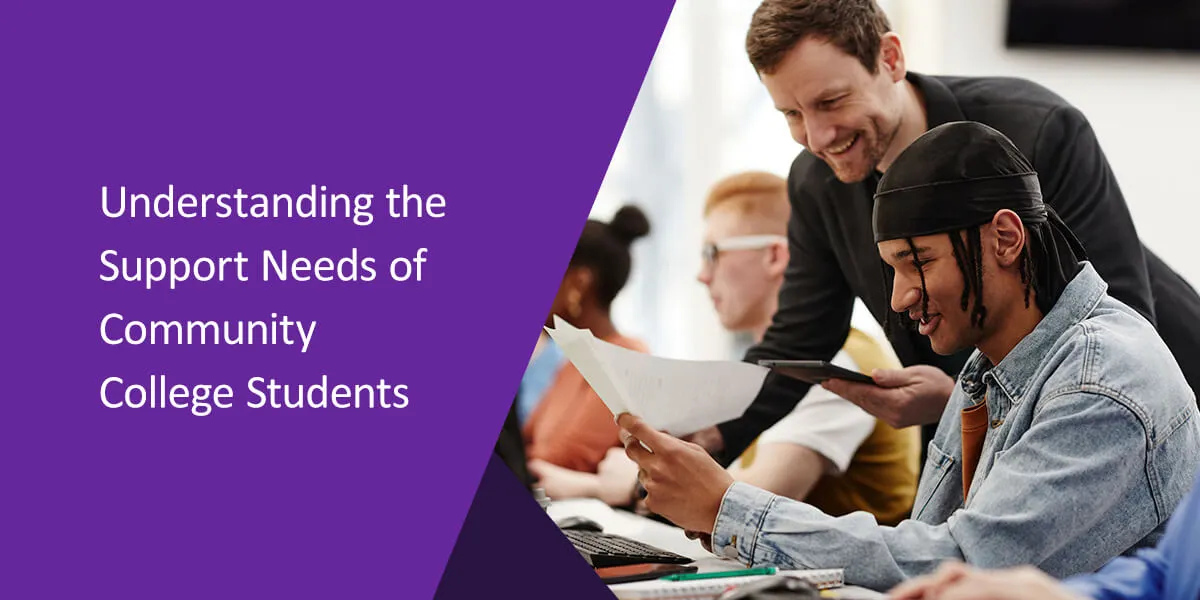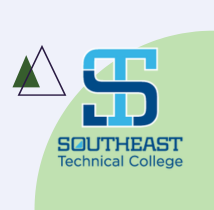
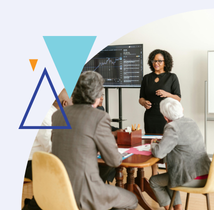


Assessments impact students’ learning, personal identity, and the construction of our society. Meaningful and sustainable assessments encourage students to engage with material throughout their education and well after completing their programs. Identifying what is working well and what is unhelpful can drive institutions to improve their academic programs.
Education institutions must meet the challenge to research, teach, manage data, and develop innovations that enhance students’ learning experience, drive institution initiatives, and create meaningful assessments.
Completing the necessary research, providing feedback, and evaluating data by hand takes valuable time that you could be otherwise spending with more engaging and productive activities. Meaningful and sustainable assessment tools help manage data, present developments, and deliver quantitative assessments of impact.
A sustainable assessment prepares students to meet their future academic needs and presents valuable information and tools for the present. This assessment provides the student with the tools to reach course goals and create their own goals to assess in the future.
This is not just a technique or method. Rather, sustainable assessments are ways to promote lifelong learning. Instead of replacing traditional assessments, you can use sustainable and traditional assessments side by side to impact personal identities and learning.
The assessment’s value has to extend beyond itself, and individuals should be able to identify and state its purpose. Each assessment should create learning outcomes that encourage professional, academic, and personal development. Designing these outcomes involves a sense of self-awareness, civic engagement, effective workflow planning, and the construction and application of each student’s specific knowledge.
For students to benefit from an assessment, they must be able to identify areas where they can apply their knowledge and skills in the future. Educators should be able to compare past assessments to identify where students are excelling or struggling with the material. Community and service-based objectives and opportunities to collaborate with other intellectuals provide a fulfilling experience that encourages discussion and helps students identify areas where they can apply their skills and showcase their knowledge.
There is no proper format to create a meaningful assessment as long as it provides the student with fundamental world skills they can apply later. You don’t have to meet specific requirements, but the assessment must have a value that extends beyond itself. In other words, it must assess skills beyond the student’s ability to retain content.
How students interact with the assessment can determine whether or not it’s meaningful. The goal is to create a beneficial task that students will not easily forget. By implementing various engagement techniques, students can find the material more valuable and be more likely to remember and engage with it later. Rather than creating a pop quiz, daily engaging assessments will enable educators to follow their students’ progression and make the assessments meaningful.
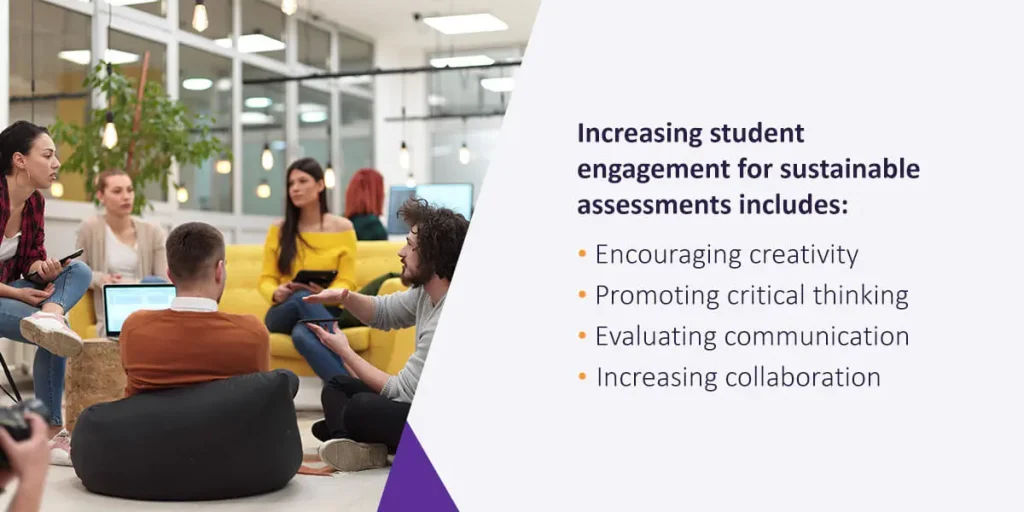
Increasing student engagement for sustainable assessments includes:
Asking students whether they found an assignment particularly useful is another way to gauge its effectiveness. Instructors can provide students with surveys or rubrics to evaluate what they liked, disliked, found valuable, or struggled with. This way, the educator can identify growth areas.
Watermark Outcomes Assessment Projects incorporate technology in assessments and enable you to understand the effectiveness of your institution’s initiatives and general education programs. You can reference past student assessments to compare the growth levels and determine what has been effective over time.
Evaluators can quickly assess learning outcomes and identify areas of improvement. With reports on dynamic and standard outcomes as well as common rubrics, you can streamline data and compare assessments against multiple rubrics to determine program and education needs. Assign faculty members to evaluation tasks or send the assessment through various rounds of scoring.
Representatives of several education institutions have attested to the software’s ability to create more sustainable and meaningful assessments. Leaders for the University of Kentucky, University of Massachusetts Lowell, and Community College of Rhode Island participated in the Outcomes Assessment Projects’ first-year pilot study in 2016. These representatives shared presentations that detailed how the software provided more straightforward navigation to more meaningful learning outcomes data.
The University of Kentucky fully implemented the software after two years. They have formed a plan to enhance the quality of their assessments and measure creativity across their curriculum. Outcomes Assessment Projects have provided the university with meaningful assessment tools for faculty to assess student artifacts in a summative and formative way.
Central Connecticut State University also implemented the software and described how they could use it to manage data collection. Representatives found that it was a more sustainable model to assess general education and increased faculty engagement. With Outcomes Assessment Projects, they were able to collect data representing 75% of undergraduate majors from 45% of their academic departments and usable results within a month of the scoring retreat.
Wright State University representatives found they could complete assessment tasks that typically took them all summer before the end of the semester. The automated process aided them in achieving their reporting and feedback much faster, and they were able to provide faculty with a longer timeframe to complete the scoring.
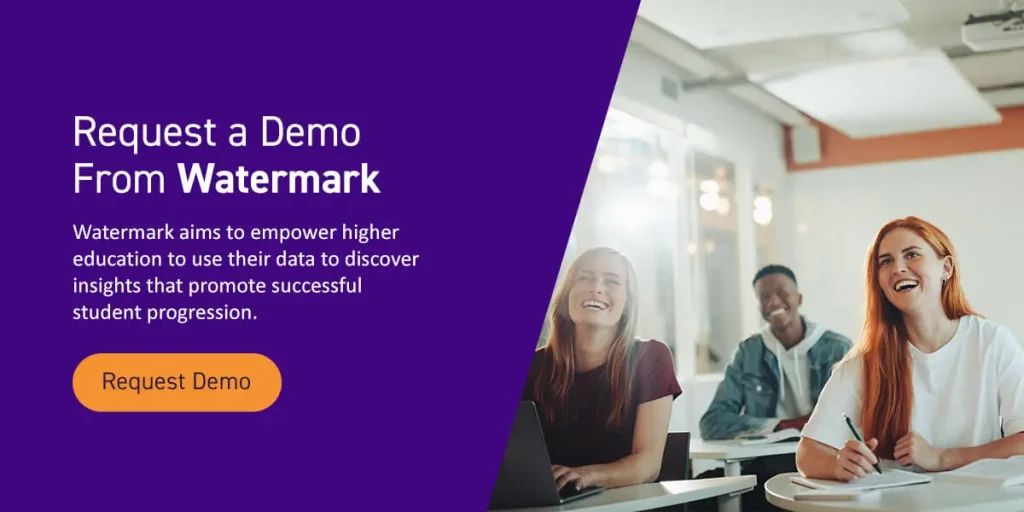
Watermark aims to empower higher education to use their data to discover insights that promote successful student progression. Most of our team members have experience in the education space and can use their expertise to aid in developing and creating innovative solutions to improve educational institutions.
We have over 20 years of experience in the industry, allowing us to provide higher education institutions with a centralized means of managing, collecting, and measuring information to enhance institutional improvement efforts.
Our Outcomes Assessment Projects provide faster navigation to valuable and meaningful insights. We tailor our software to your unique needs so you can expose your faculty and students to a gratifying experience. Request a demo of our software to identify areas of improvement in your institution.














































